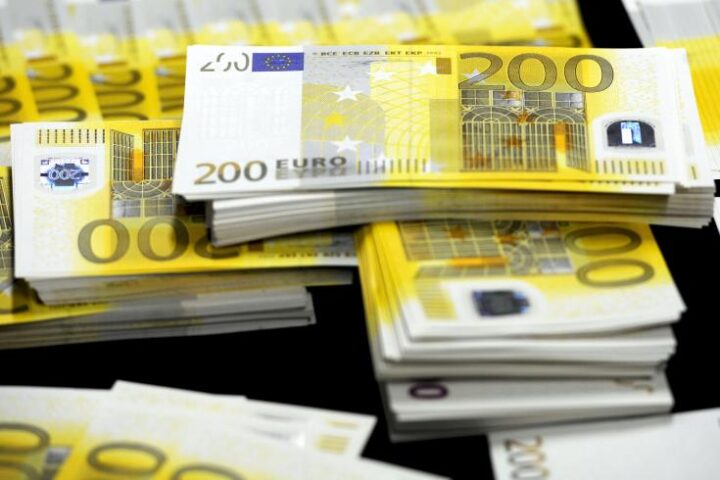Economists fear that hiking inflation now being fed by the war in Ukraine could trigger another debt crisis on the island as households struggle to pay off their loans.
According to CyStat data, the inflation rate in February reached 6.6%, while experts feel the ongoing conflict in Eastern Europe could push up prices of essential goods such as energy and food products.
According to the data, consumers have seen €66 knocked off every €1,000 of income, while wages remain at the same levels.
In comments to news site Stockwatch, economist Stelios Platis noted that rising inflation coupled with Cyprus having one of the highest levels of private debt in the EU could lead to a new debt crisis.
Central Bank data shows the ratio of domestic private-sector exposures to GDP was 92% in September 2021, one of the highest ratios across Europe, but down from 192% at the end of 2017.
“The nature of inflation today and the relevant structural causes that have pushed prices up seem to advocate the maintenance of strong inflationary pressures for the rest of 2022.
“This is expected to exert significant pressures on lower-income households, as they must spend much more on electricity, fuel, heating and food than their income,” said Platis.
He added that inflation puts pressure on households’ ability to service their existing loans.
At the same time, central banks worldwide are already trying to tame inflationary pressures by reversing policies they implemented in the run-up to the pandemic, raising key interest rates.
“Increasing, in turn, the cost of servicing their loans.
“Again, disproportionately affecting the lower-income households that are over-indebted”.
Economist Michalis Florentiades argues a new private debt crisis is a remote scenario, however, noting that “the pressures of higher inflation and a possible slowdown in growth may affect the ability of some households and businesses to move forward”.
Florentiades said banks must have the necessary funds to deal with such a possibility.
According to the economist, borrowers benefit from the extremely low interest rate policy of the European Central Bank.
He notes that inflation, combined with very low interest rates, has traditionally benefited those in debt while hurting savers and deposits.
Phileleftheros daily’s own calculations estimate a family of four needs just under €2,000 to make ends meet each month.
Its calculations considered that a minimum of €750 will be going either towards a housing loan or rent, another €400 to €800 for electricity bills every couple of months, and €400 a month for shopping.
The report calculates that a family of four will need between €100 and €160 a month for fuel, while another €100 will be going towards water and internet bills.
Summing up, a family of four will need a minimum of €1,800 to meet their basic needs.
The calculations did not include a clothing budget or money spent on family outings and other social obligations.










